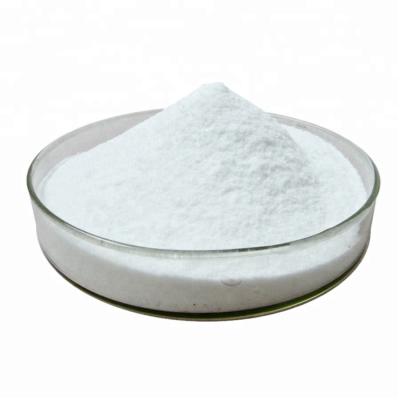Brazil Registration Watch: Brazil approves fungicide inpyrfluxam to control Asian soybean rust
The Brazilian Ministry of Agriculture, Livestock and Supply (Mapa) announced the approval of a new fungicide inpyrfluxam, another option for the control of Asian soybean rust, in Act No. 06, which was published in the Official Gazette. Besides, Mapa also approved 25 formulated agrochemicals. Five of these products are considered low-impact or bio-based.
In addition, two other products with the active ingredient diquat dibromide in their composition were registered, increasing to 19 alternatives for this herbicide, considered a substitute for paraquat. “These two products arrive just at the time that soybean farmers face a shortage of herbicide in the national market, right when they are preparing for the 'desiccation' of soybeans for harvest”, highlights the general coordinator of Agrochemicals and Related Products, André Felipe Peralta.
Four of the registered low-impact products have been approved for use in organic agriculture. They are: Chrysoperla externa, effective against whitefly and aphids; Telenomus podisi, the egg parasitoid of the soybean brown stink bug; Orius insidiosus, predator of the cotton thrips; and Azadirachta indica (neem oil), for the control of the fungus known as 'powdery mildew' and whitefly.
The other low impact product is composed of a microorganism based on Bacillus velezensis, this time in association with Bacillus subtilis to control the dreaded white mold caused by Sclerotinia sclerotiorum.
“Low impact products are important for agriculture not only for toxicological and environmental aspects, but also for benefiting crops with insufficient phytosanitary support, since these products are approved by target pests and can be recommended in any crop”, highlights Peralta.
The other products use active ingredients previously registered in the country. The registration of generic pesticides is important to reduce market concentration and increase competition, which results in fairer trade and lower production costs for Brazilian agriculture.
All registered products were analyzed and approved by the bodies responsible for health, environment and agriculture, according to scientific criteria and in line with the best international practices.
Source:AgroNews
https://news.agropages.com/News/NewsDetail---42124.htm



